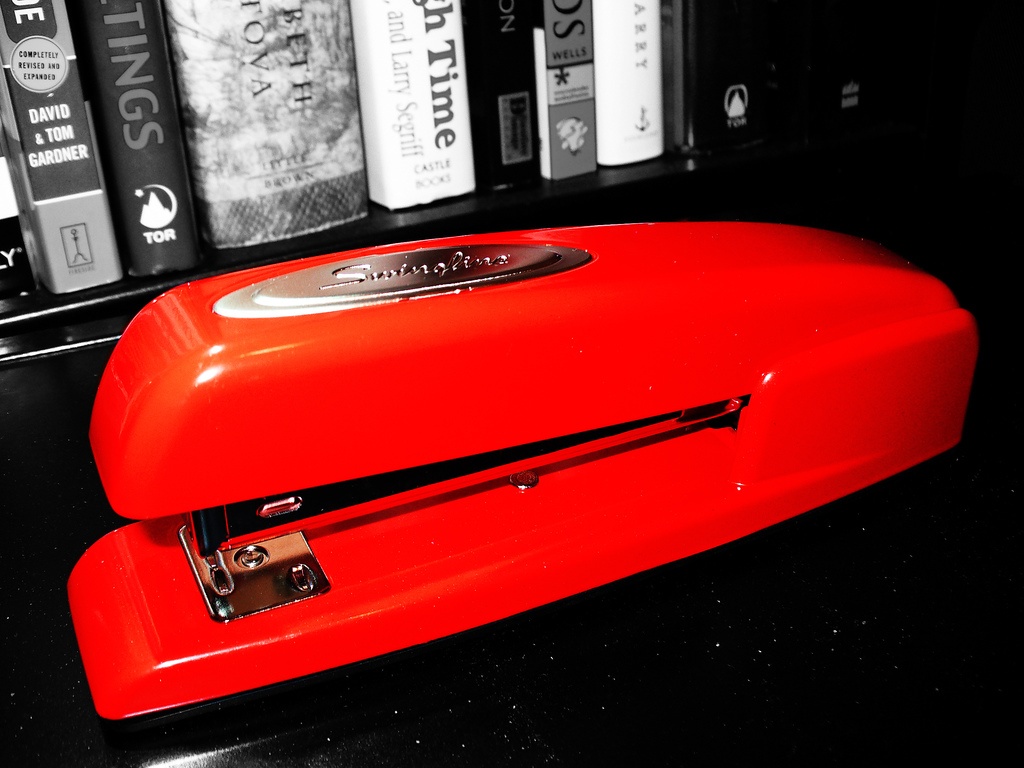The DiSC Profile, Explained: How Two Identical DiSC Styles Can be Unique








According to Gallup, the number one reason employees leave their jobs is that they don’t feel appreciated. In fact, they are three times more likely to leave in the following year if they don’t feel they have been adequately recognized at work.
Leadership experts Jim Kouzes and Barry Posner found that employees whose leaders celebrate accomplishments rate them as 30 percent more effective and report they feel up to 26 percent more engaged at work.
So how can organizations build an appreciation-rich culture? First, you can encourage your managers to recognize and reward employees at every level. Next, make sure you have a recognition strategy in place so meaningful awards are at the ready.
A great manager will celebrate the accomplishments of his or her employees by making sure the recognition given is personal, personalized, creative, and honest. This means that recognition might not be based on the obvious, such as a reward for the most sales or highest performance.
Recognize employees for their unique contributions by personalizing the recognition so that not only are employees applauded for what they specifically contributed, but also in a way that’s meaningful to them as an individual. Never assume an award has to be monetary, or come only from the top. Encouraging teams or peers to recognize outstanding work among their peers makes an impact.
Engagement experts at TINYpulse found that peer recognition is a powerful tool for supporting employee engagement. With 20 percent of respondents in a study of 200,000 TINYpulse users from more than 500 organizations citing camaraderie and peer motivation as their top driver to go the extra mile, it’s clear that money isn’t the best—or only—option. In fact, only 7 percent of respondents ranked money as their primary motivator. It’s great to get a bonus check from your boss, but it can be even more meaningful to know that your coworkers appreciate your efforts.
In the sixth edition of The Leadership Challenge, Kouzes and Posner share a story about the powerful impact of peer-driven recognition. A manager in the surgical stapler instruments division at Intuitive Surgical created the “Red Stapler Award” for employees to recognize peers who have demonstrated the values they admire. The first winner was recognized for his ownership of a project, and his courage to continue it even though internal teams were pursuing another option.
Both the audience and the recipient were encouraged by the heartfelt, sincere celebration and the explanation that the Red Stapler Award is about and for the employees, their values and their reasons for working at the company.
There are many paths to recognizing employees, but the best place to start is always, always with a simple “thank you.”






We're excited to partner with you to empower your leaders. Let us
know how we can be of service!